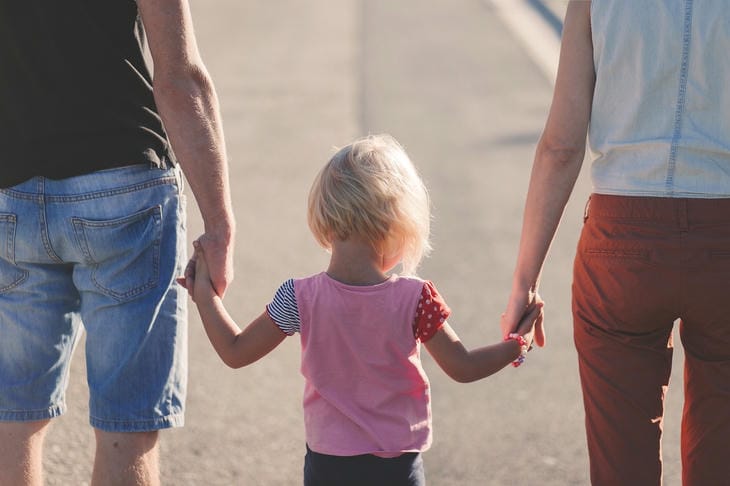Is Your Jealousy Destroying Your Kids? Warning Signs You Shouldn't Ignore
“Mom, Dad is looking at Auntie in the cafe again,” your child says, and you freeze.
Children's eyes, like X-rays, see what adults have been trying to hide for years.
In 2023, the WHO published a report: 45% of children growing up in families with pathological jealousy suffer from anxiety disorders by the age of 16.
“Parental jealousy is a poison that children drink without even realizing it,” writes psychologist Alice Miller in her book, The Drama of the Gifted Child.
For example, a girl from Texas admitted in an interview with Teen Vogue :

"Every time Dad checked Mom's phone, my stomach hurt. Now I don't trust guys."
But how do you know if your jealousy is hurting your children? Psychotherapist Sue Johnson identifies three “silent” signs:
1. The child copies your gestures of suspicion (for example, checking a friend’s toys).
2. He is afraid to praise others, so as not to provoke your anger.
3. Draws a family with “empty eyes” - this is a symbol of emotional blindness.
In 2022, the hashtag #KidsWatching collected 100 million views. User @SecretChild posted a video: “My parents were arguing over text messages, and I pretended to be asleep.
Now I hate silence." The comments were shocking:
“I still flinch when someone is silent”, “I’m 30, and I still hide in the closet during arguments”.
Neuroscientists from Stanford have discovered that children who regularly see their parents jealous have a smaller hippocampus, the area of the brain responsible for trust.
“They live in a state of constant threat, even when there is no danger,” explains Dr. Lisa Feldman Barrett . The story of a family in Milan confirms this: After the father began to suspect his mother of infidelity, their son stopped participating in school plays.
"I was afraid that I would be judged, like my dad judged my mom," he said in therapy.
But there are also examples to the contrary. Actress Gwyneth Paltrow told the Goop podcast:
“When I was jealous of my husband, my daughter asked, ‘Mom, do you love him or are you afraid of him?’ That made me go to a therapist.”
Psychologist Dan Siegel advises in his book Parenting from the Inside Out: "If your child witnesses a jealous scene, discuss it. Say, 'We're learning to love, and sometimes we make mistakes.'"
The most dangerous scenario is when jealousy disguises itself as concern. A study in the Journal of Child Psychology found that 60% of jealous parents justify their control by saying, “I’m worried about you.”
A daughter from Florida wrote on her blog:
"My mother read my diaries and said, 'This is how I protect you from making mistakes.' Now I don't trust anyone."
How to break the cycle? Family therapist Esther Perel suggests a “transparency ritual”: once a week, the whole family discusses what caused the anxiety.
“Even the phrase, ‘I was afraid today that dad would be late,’ teaches children to talk about their fears, rather than storing them up,” she writes.
The culmination was an experiment by Parents magazine: 50 families filmed their arguments and showed them to their children. 89% of parents said, “We didn’t realize how it looked from the outside.” And a 12-year-old boy summed it up: “When you yell, I feel like I’m falling apart.”
As Freud said:
"A child doesn't see your love - he sees your wounds."
